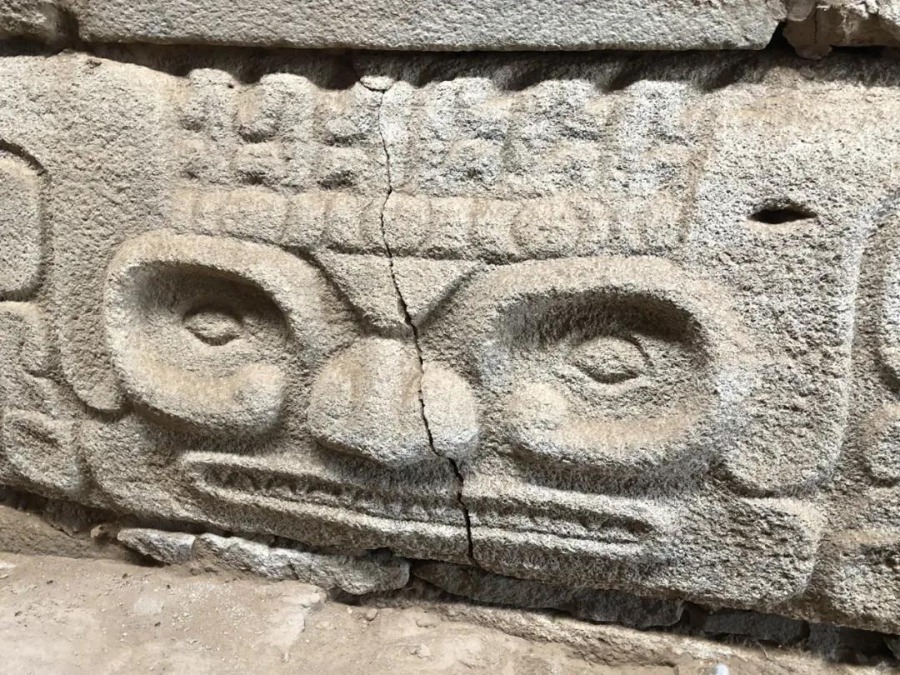

For the anniversary, Wang also proposed to the NPC that a "national archaeology day" be set to recognize scholars' contribution to archaeology and raise people's awareness. He suggested announcing a national lifetime achievement award in archaeology to honor extraordinary achievement.
In recent years, significant archaeological discoveries have been made in China, like the 5,300-year-old Liangzhu Archaeological Ruins in Zhejiang province, inscribed as a UNESCO World Heritage site in 2019, and the 4,000-year-old Shimao site in Shaanxi province, which was picked by Archaeology magazine in the United States last year as one of "the decade's 10 most extraordinary discoveries".
Liu says, in archaeology, the academic focus during the period of the 14th Five-Year Plan (2021-25) will be on the origins of Chinese civilization, its early development and how a united country with multiple ethnic groups formed.
"We'll use archaeological evidence to prove how the Chinese civilization has developed over 5,000 years," he says.
Discussions on measures needed to break bottlenecks in Chinese archaeology were also held during the two sessions.